
UMDSU
PORTFOLIO
Urban Management & Development: Sustainable Urbanism programme
IHS, Erasmus University Rotterdam in partnership with Science Without Borders
ATELIER ROTTERDAM II
Dealing with Sub-urban Decay in Rotterdam’s satellite town - Capelle aan den Ijssel
Introduction
This Rotterdam Atelier focuses on Capelle aan den Ijssel, a small satelite town to the East of Rotterdam. Although part of the Rotterdam area, Capelle is an independent municipality, with a population of roughly 66,000 inhabitants. In many ways, it can be considered a suburb of Rotterdam, an extension following the massive demand for housing outside the city center and overflow of new inhabitants in the 1960s. Very well connected- as part of the Rotterdam public transportation system, Capelle is nonetheless quite isolated.
Within Capelle, the participants will challenge existing plans and propose alternatives for the Wiekslag, a social housing complex built in the 1960s and managed by Havensteder, one of Rotterdam’s largest housing associations (and the client for this project).
Due to poor quality of architecture, Wiekslag residents changed to mid-to-low income families. Despite the investment in public space, social programs and architecture (façade), the neighborhood continues its downward spiral to decay. Meanwhile, Havensteder’s own resources are depleting as a result of the financial crisis. This means that the association has limited means to revitalize the area and improve its quality (and livability). Demolition is not an option, and gentrification is not a solution (as the problem will only arise elsewhere).
With this in mind, it is the task of this atelier to develop a vision for Wiekslag (2040) in which the participants will examine, review, and challenge existing projects and programs; and design and present alternatives and/or suggestions for the same. The vision has to be profitable for Havensteder.
Facilities
Vision
WIEKSLAG, AN ATTRACTIVE ENVIRONMENT THAT PROVIDES INFRASTRUCTURE FOR IMPROVING AND SUPPORTING THE QUALITY OF LIFE OF INHABITANTS, INCREASING ACCESS TO FACILITIES.
Problem tree
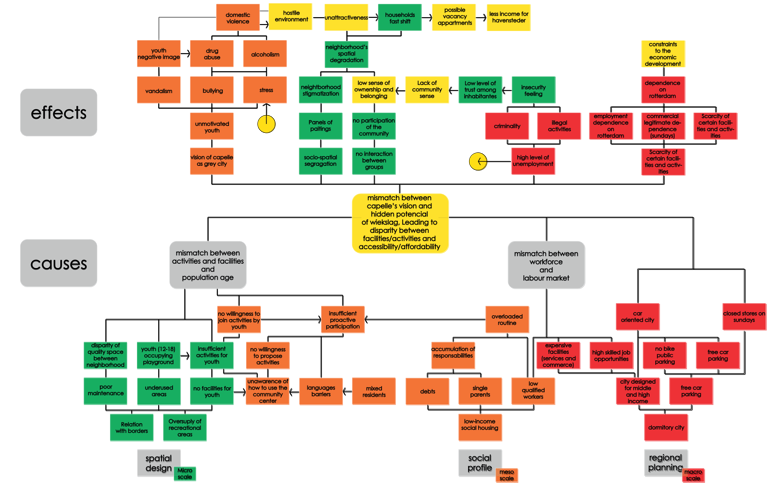
Proposal structure

PROBLEMS OBJECTIVES STRATEGIES & ACTIONS ACTOR ROLES IDEAS
Strategies and actions
START - 3 months
STRATEGIES AND ACTIONS to promote awareness & increase proactivity of the Wiekslag community
IDEAS

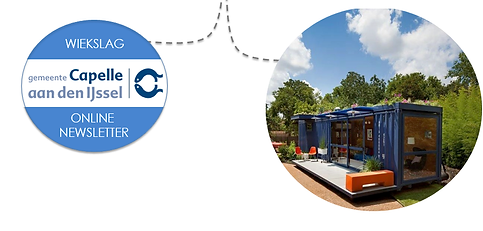
CONSOLIDATE - 1 year


STRATEGIES AND ACTIONS to decrease the disparity between activities and facilities'
accessibility and affordability
IDEAS
SUSTAIN - 5 years

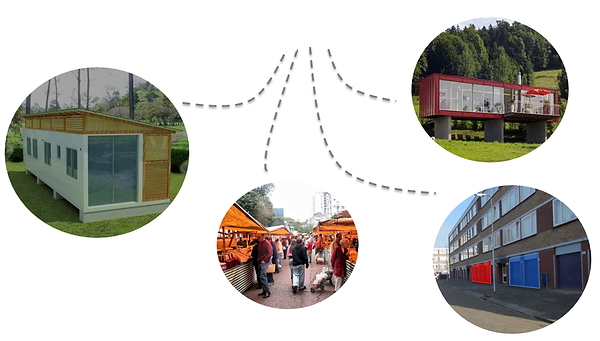
IDEAS
STRATEGIES AND ACTIONS to reduce unemployment rate of Wiekslag, inserting citizens in the local labor market
Social Programming
Vision
BY 2040, WIEKSLAG BECOMES AN ATTRACTIVE NEIGHBOURHOOD WHERE PEOPLE ENJOY LIVING, WITH EMPOWERED INHABITANTS WHO INTERACT AND PRESERVE THE AREA, SHARING A COMMON SENSE OF RESPONSIBILITY, RESPECT AND BELONGING.

Problem tree
Objectives
The 3-month objectives aim to create a database of the inhabitants and their skills, to better support and link them with opportunities. It also includes informing 80% of them about the existing opportunities.
The 1-year objectives are fostering new social activities targeted at the youth and qualification courses for the unemployed or low skilled population.
On a 5-year term, a quarter of the dwellers would, ideally participate in social activities, while employment rate should increase with 10%
Strategies and actions
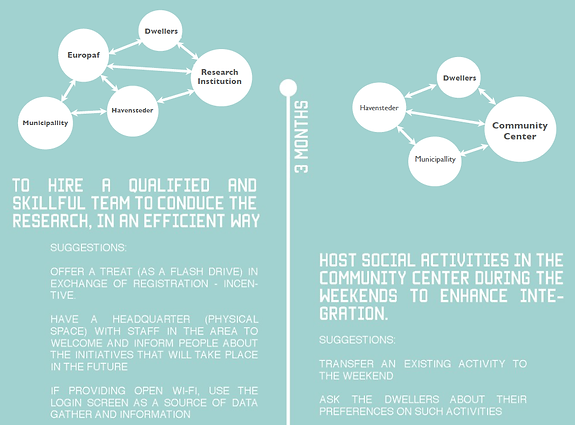
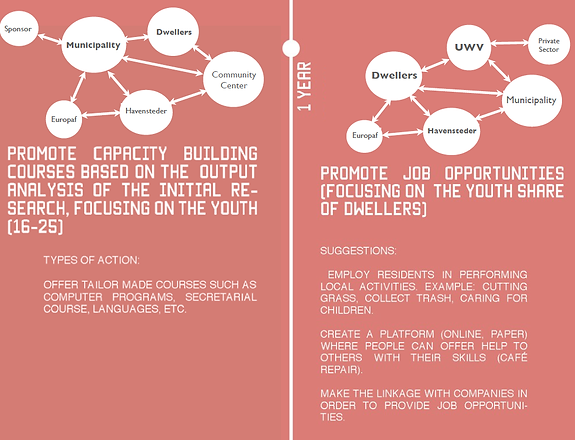

Public Space
Vision
THE FULL INTEGRATION OF WIEKSLAG AND OTHER AREAS OF CAPELLE AAN DEN IJSSEL TO MAKE PEOPLE FEEL LIKE THEY BELONG IN THE CITY, BY CREATING A PLEASANT AND DIVERSE ENVIRONMENT FOR ALL INHABITANTS, REGARDLESS OF ETHNICITY, AGE, CULTURAL ASPECTS, INCOME, USES AND ACTIVITIES.
Spatial issues
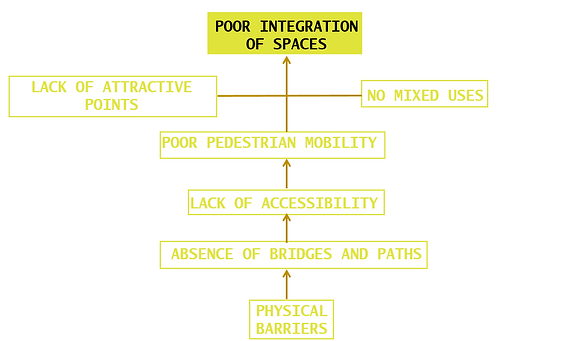
The core problem is poor integration within Wiekslag and with the neighboring area.
Wiekslag is not integrated to the rest of Capelle aan den Ijssel due to canals, roads and a big golf course in the northeast and nortwest directions
Objectives
The 3-month objectives aim to make the public space more livable by increasing the cleanliness, beauty and improving visibility: to see and be seen;
The 1-year objectives is to improve the integration of Wiekslag and ensure accessibility;
On a 5-year term, it should be possible to guarantee the maximum integration of Wiekslag's public space and Capelle aan den Ijssel and better engagement of stakeholders.
Strategies and actions
3 months
-cleaning of green and recreational areas;
-maintenance of vegetation
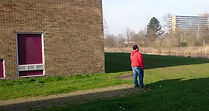
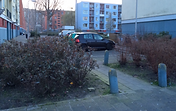
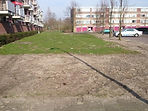
1 year
-lighting the backside public space that is near the canal
-building one bridge to give access through the canal
5 years
-building the waterfront
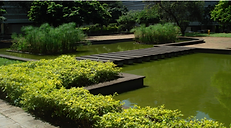
Reference project:
Square at SQ 308, Brasilia
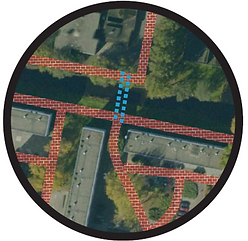
Playgrounds
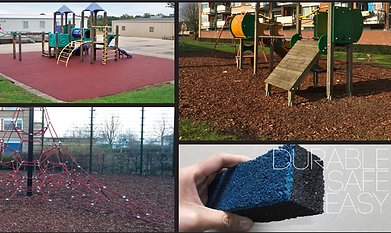
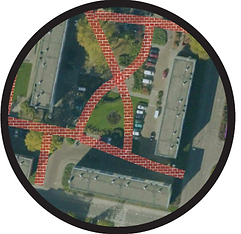
These pavements follow the natural flow of people as they move to the adjacent commercial areas.
The adoption of ample sidewalks will encourage the flow, stimulating the use of public space and create a strong visual identity in the area.
New pathways
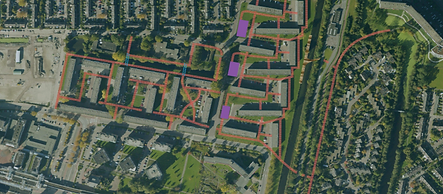
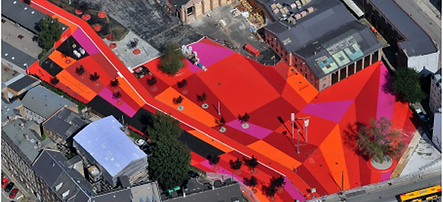
Reference project
Superkillen, Copenhagen
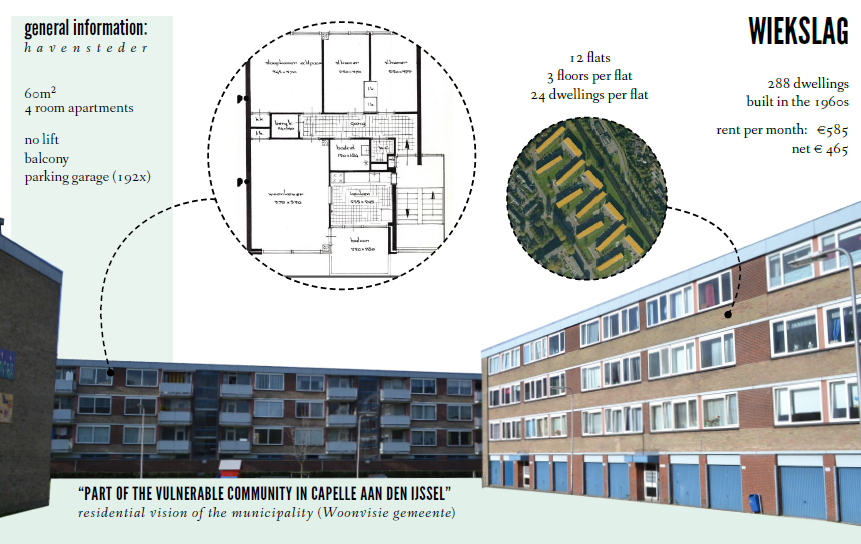
Vision
WIEKSLAG BECOMES AN ATTRACTIVE, PLEASANT AND SAFE NEIGHBOURHOOD, IN WHICH THE COMMUNITY IS RESILIENT AND COMMITTED TO IMPROVE THEIR QUALITY OF LIFE.
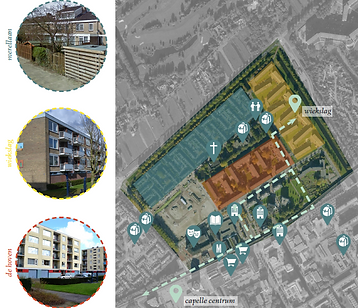
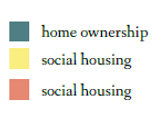
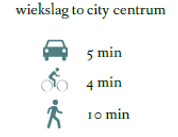
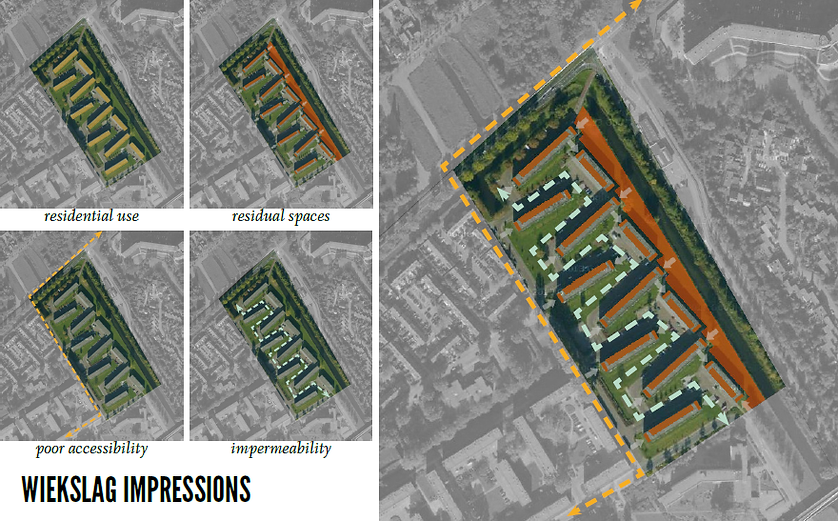
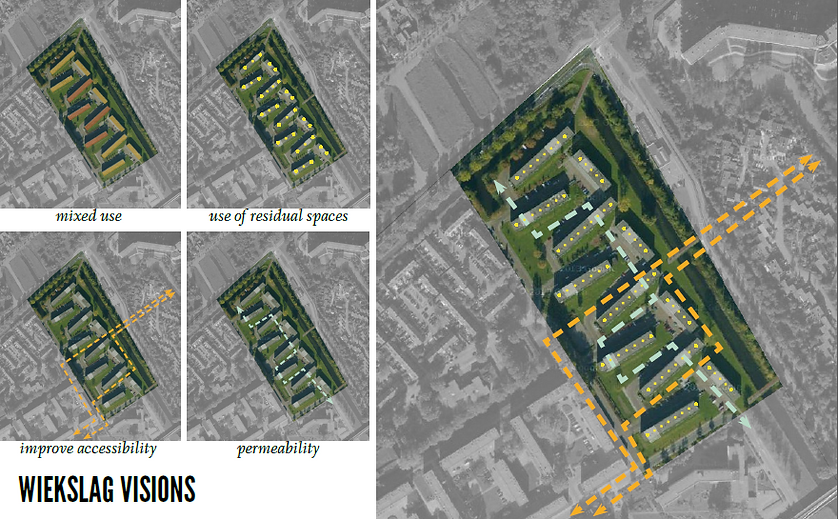
Problem tree

to encourage community participation on physical refurbishment and the community use of public spaces.
3 months
1 year
5 years
to raise the number of physical connections, increasing the flow of people and visibility in the area
to retrofit residual spaces, creating indoor and outdoor opportunities to boost mixed use.
to transform and to improve the building's physical aspects.
Objectives
-blind facades and parks
-balconies guardrails
-furniture workshops
-inner common areas
Strategies
-ground gloor: passage & mixed use
-connection route
-apartment personalization
-leisure rooftop
Ideas



